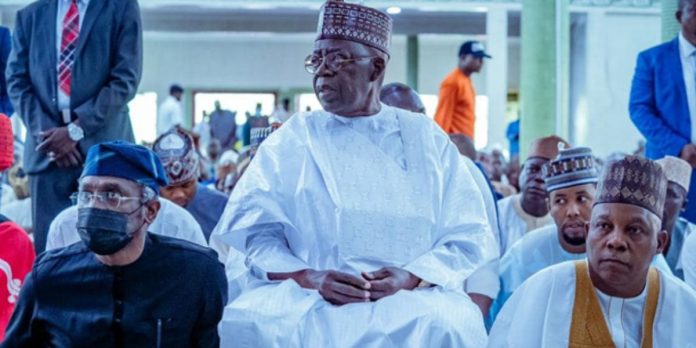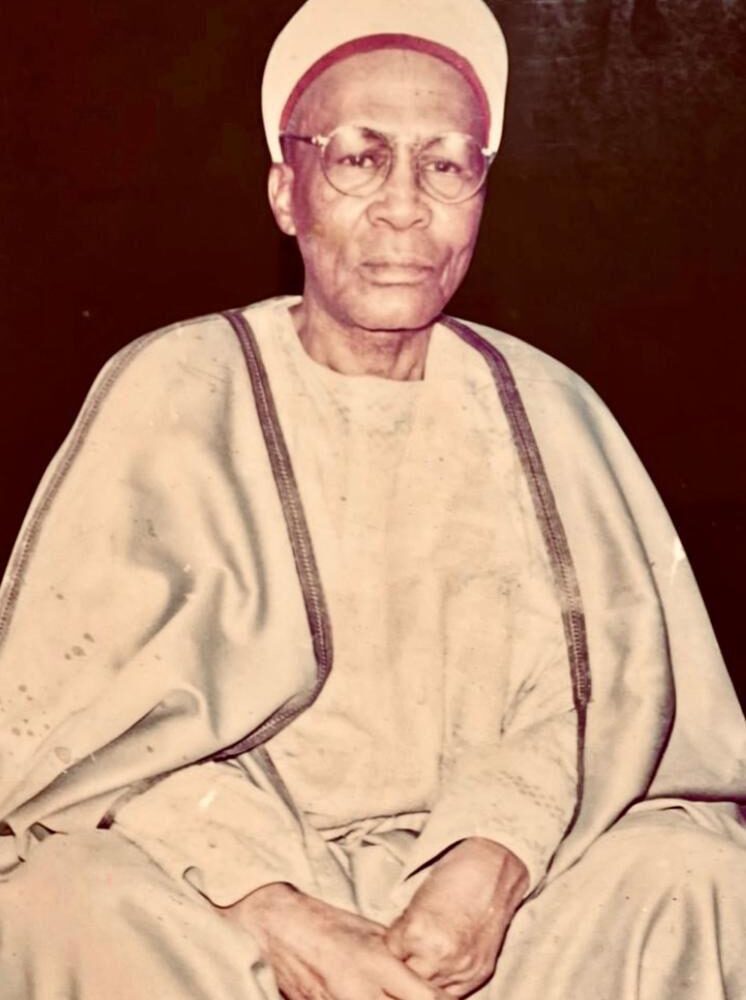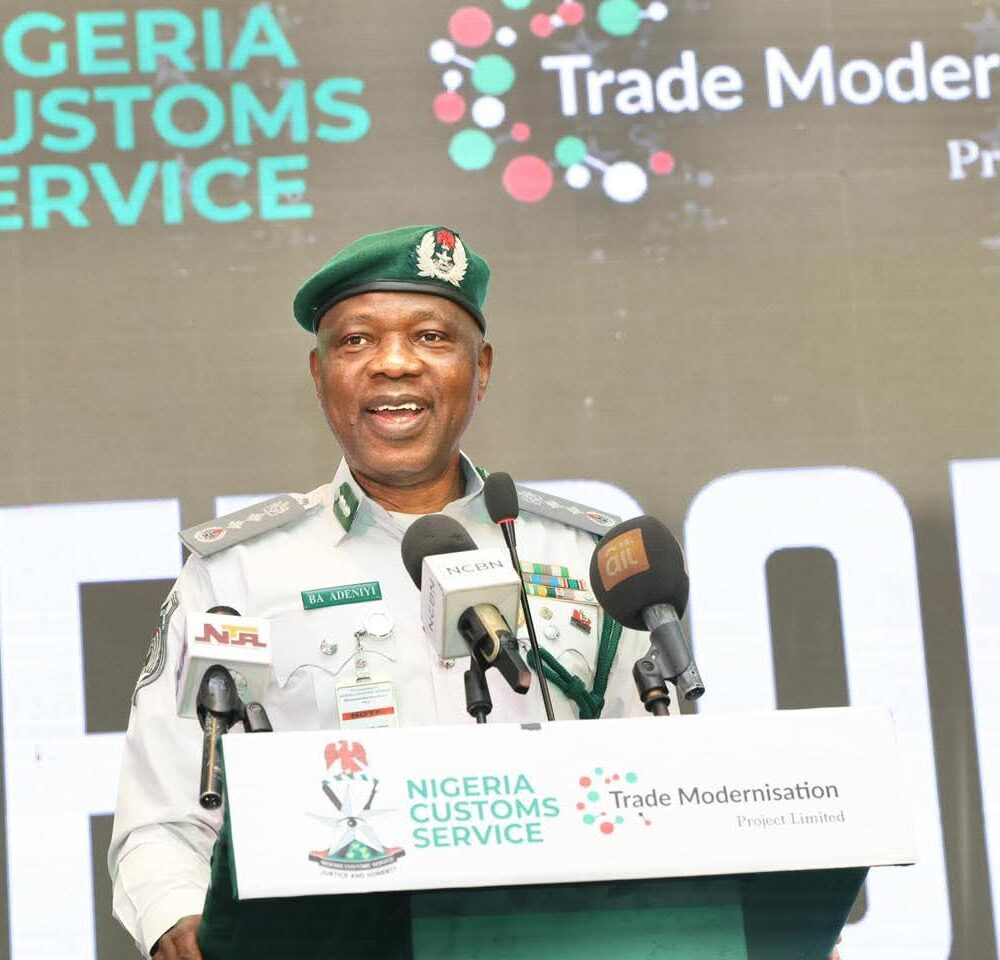As President Bola Ahmed Tinubu marks his 73rd birthday on March 29, 2025, Nigerians reflect on the journey of a political strategist, astute administrator, and dogged democrat whose influence has shaped Nigeria’s political and economic landscape for decades. His life is a testament to resilience, leadership, and an unwavering commitment to progressive governance.
From Corporate Success to Political Leadership
Born on March 29, 1952, Bola Ahmed Tinubu’s journey into leadership began in the corporate world. He studied Accounting at Chicago State University and worked with global firms like Arthur Andersen, Deloitte, Haskins & Sells, and later Mobil Producing Nigeria, where he rose to the position of Treasurer. His expertise in finance and administration would later define his approach to governance.
His political career took off in 1992 when he was elected as a Senator representing Lagos West under the Social Democratic Party (SDP). During his tenure in the short-lived Third Republic, Tinubu emerged as a vocal legislator, advocating for democratic ideals before the military takeover of 1993 forced many pro-democracy leaders into exile.
Democracy Activist and the Struggle Against Military Rule
Tinubu played a crucial role in the struggle against military rule, joining the National Democratic Coalition (NADECO) in the fight to restore civilian government following the annulment of the June 12, 1993, presidential election won by Chief MKO Abiola. His activism made him a target of the military junta, forcing him into exile. He returned in 1998 following General Sani Abacha’s death and Nigeria’s transition to democracy.
The Lagos Transformation: Governor of Lagos State (1999–2007)
With the dawn of democracy in 1999, Tinubu contested and won the governorship election in Lagos State under the Alliance for Democracy (AD). His administration laid the foundation for modern Lagos, focusing on infrastructural development, financial reforms, and urban renewal.
Some of his major achievements as Governor included:
Revenue Growth: He reformed Lagos’ Internally Generated Revenue (IGR), making it financially independent of federal allocations.
Infrastructure Development: Expansion of roads, bridges, and drainage systems to accommodate the state’s growing population.
Security and Law Enforcement: Strengthened the Lagos State Security Trust Fund (LSSTF) and supported the Lagos Rapid Response Squad (RRS).
Public Sector Reforms: Established LASTMA to regulate traffic, LAWMA to enhance waste management, and LAMATA for efficient public transport planning.
Tinubu’s vision transformed Lagos into Nigeria’s economic hub, setting a model for other states.
Building a Political Empire: The Road to the Presidency
After leaving office in 2007, Tinubu became the political godfather of Lagos and beyond, mentoring a generation of leaders, including his successors Babatunde Fashola, Akinwunmi Ambode, and Babajide Sanwo-Olu.
His political reach extended nationally when he played a key role in merging opposition parties to form the All Progressives Congress (APC) in 2013. This strategic move led to the defeat of the ruling People’s Democratic Party (PDP) in the 2015 presidential election, bringing Muhammadu Buhari to power.
Tinubu’s decades-long political investment finally paid off in 2023 when he was elected Nigeria’s President. Running on the slogan “Renewed Hope,” he promised economic reforms, security improvements, and infrastructural expansion.
Tinubu’s Presidency: A Year of Reforms and Challenges
Since assuming office on May 29, 2023, President Tinubu has embarked on bold economic reforms, including:
Fuel Subsidy Removal: A move aimed at redirecting government funds but causing initial economic hardship.
Foreign Exchange Unification: Designed to stabilize the Naira and attract foreign investments.
Security Reinforcement: Renewed military operations against insurgents and bandits.
Infrastructure Expansion: Investment in transportation, power, and digital economy projects.
While his administration has faced challenges, including inflation and public discontent over the cost of living, Tinubu’s resilience and political acumen continue to shape his policy direction.
A Legacy of Leadership and Influence
At 73, Bola Ahmed Tinubu remained one of Nigeria’s most formidable political figures. His ability to build alliances, navigate political storms, and implement reforms speaks to his enduring influence in Nigerian politics.
As he celebrates another milestone, his legacy remained a subject of debate admired by supporters for his visionary leadership and criticized by opponents for his political maneuvering. Nonetheless, his impact on Nigeria’s democracy, governance, and political evolution is undeniable.
As the nation marks this occasion, the question remained: how will history judge Bola Ahmed Tinubu’s leadership? His story is still being written, but one thing is certain his name will forever be etched in Nigeria’s political history.
Happy 73rd birthday, Mr. President.
*Lukman Laleye Babalola is Publisher/CEO,Emporium Reporters Online and Emporium Magazine. He can be reached at babalolalukman@gmail.com or 08037469328.





